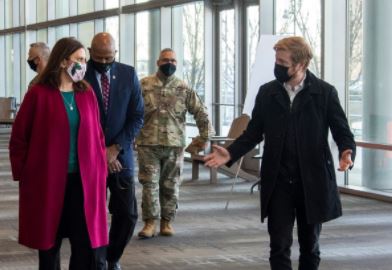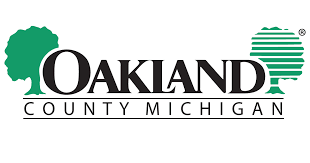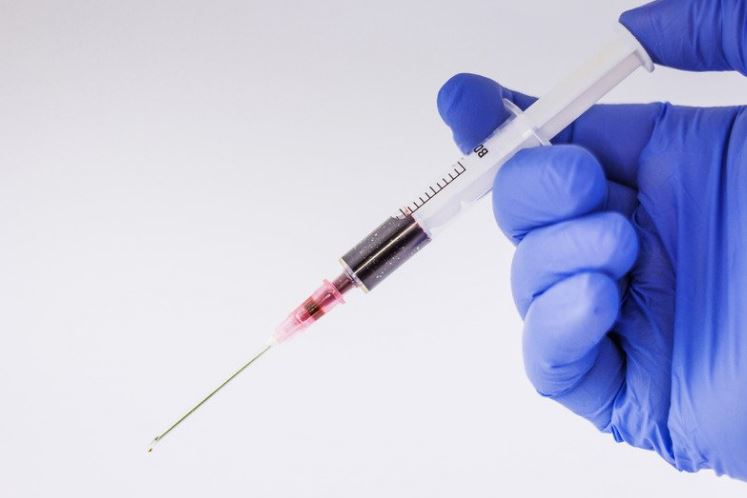
Today at noon: Whitmer to Provide Update on the COVID-19 Pandemic

FOR PLANNING PURPOSES February 17, 2021 Contact: Press@michigan.gov
Governor Whitmer to Provide Update on the COVID-19 Pandemic and Response
LANSING – Today, Governor Gretchen Whitmer and Michigan Department of Health and Human Services (MDHHS) Chief Medical Executive Dr. Joneigh Khaldun will provide an update regarding COVID-19 and the continued efforts to slow the spread of the virus.
WHO: Governor Gretchen Whitmer MDHHS Chief Medical Executive Dr. Joneigh Khaldun WHAT: Press Conference WHEN: Wednesday, February 17 at 12:00 PM WHERE: Please see RSVP Information below.
Satellite Coordinates: Galaxy 17 K 14 slot 3 Downlink Freq. 11977.0 vertical Symbol rate: 4.0 FEC: ¾ DVBS-2/8PSK 1080i Satellite coordinates provided by WLNS-TV 6 The satellite window will open at 11:50 AM.
LIVE STREAM FOR PUBLIC VIEWING:
RSVP DIRECTIONS FOR MEDIA ONLY: To RSVP and attend the press conference virtually, please email press@michigan.gov with your first and last name and outlet.
RSVPs will be considered in the order they are received and space is limited.
To be considered, RSVPs must be received by 11:00 AM TODAY
If your participation is confirmed you will receive a confirmation email from our office with further directions.
|








